Best Companion Plants For Bell Peppers
Title: Best Companion Plants for Bell Peppers
Introduction:
Bell peppers are a delicious and versatile vegetable that can be enjoyed in many different ways. They are also relatively easy to grow, but there are a few things you can do to help ensure a successful harvest. One of these things is to plant companion plants. Companion planting is the practice of planting certain plants together in order to benefit each other. There are many different companion plants that can be beneficial for bell peppers, but some of the best include:
- Basil: Basil is a classic companion plant for peppers. It helps to repel pests such as aphids, spider mites, and whiteflies. It also helps to improve the flavor of peppers.
- Cilantro: Cilantro is another great companion plant for peppers. It helps to attract beneficial insects, such as ladybugs and lacewings, which prey on pests that can harm peppers. It also helps to improve the flavor of peppers.
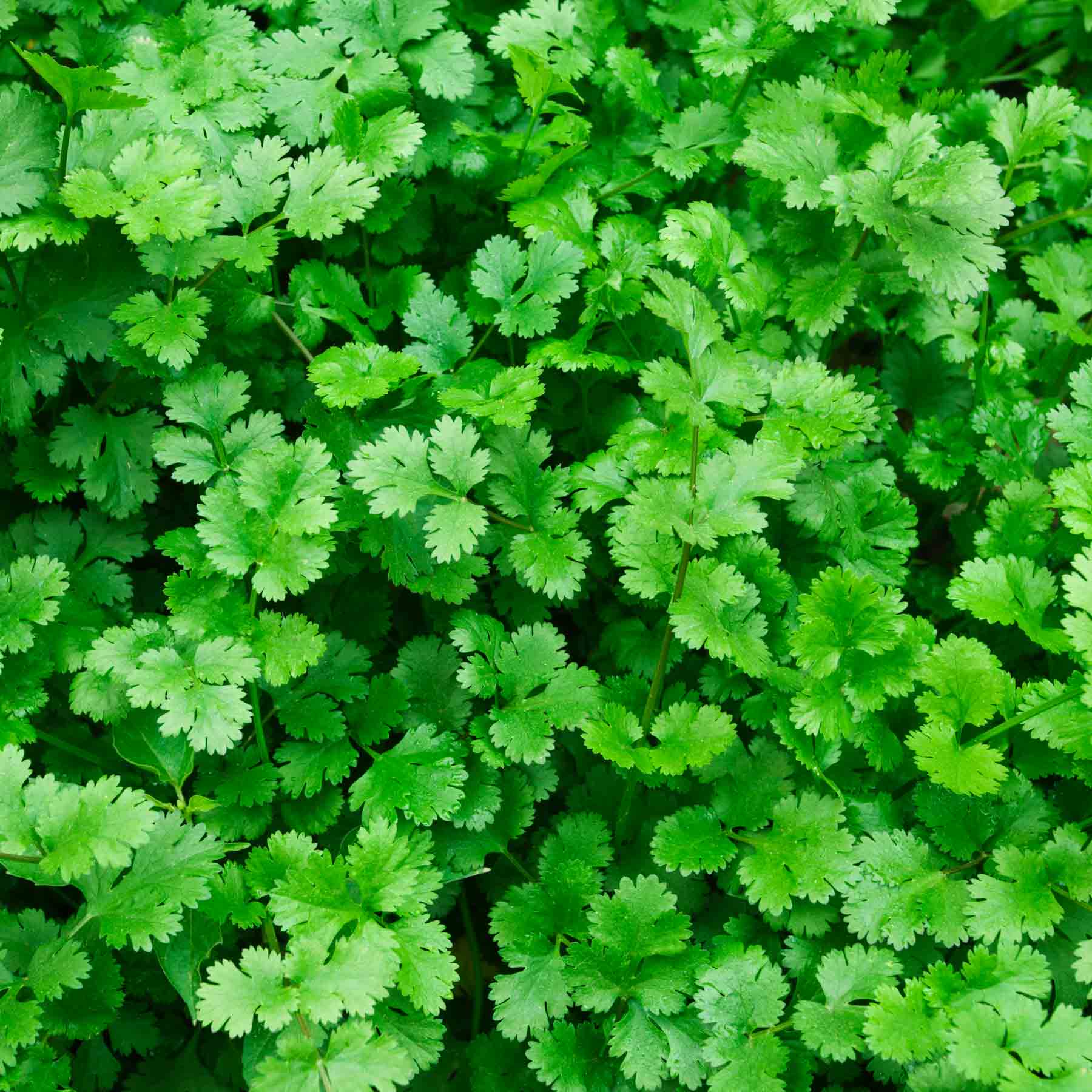
- Onions: Onions help to repel nematodes, which are tiny worms that can damage the roots of peppers. They also help to improve the flavor of peppers.

- Garlic: Garlic helps to repel a variety of pests, including aphids, spider mites, and whiteflies. It also helps to improve the flavor of peppers.
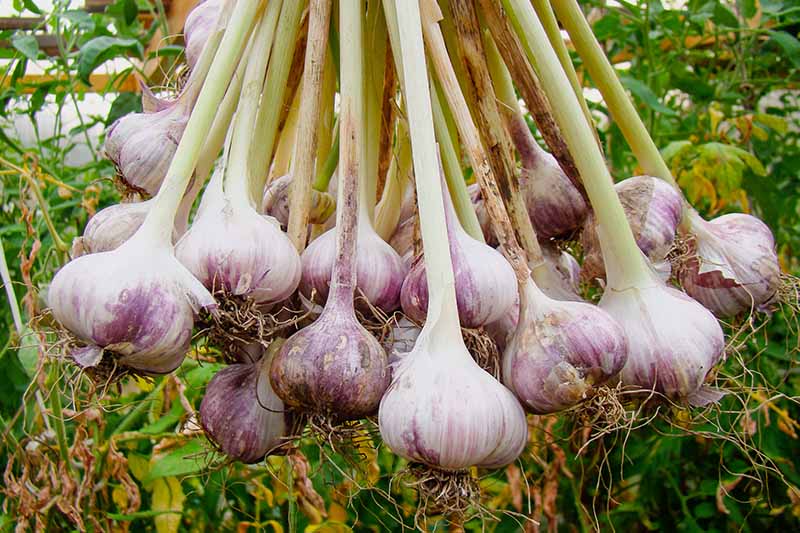
- Marigolds: Marigolds help to repel nematodes, which are tiny worms that can damage the roots of peppers. They also help to attract beneficial insects, such as ladybugs and lacewings, which prey on pests that can harm peppers.

- Peas: Peas help to fix nitrogen in the soil, which can benefit peppers. They also help to shade the soil, which can help to keep it cool and moist.
- Spinach: Spinach helps to suppress weeds and improve the drainage of the soil, both of which can benefit peppers. It also helps to attract beneficial insects, such as ladybugs and lacewings, which prey on pests that can harm peppers.
Main Content:
In addition to the plants listed above, there are a few other companion plants that can be beneficial for bell peppers. These include:
- Carrot: Carrots help to attract beneficial insects, such as ladybugs and lacewings, which prey on pests that can harm peppers. They also help to improve the flavor of peppers.
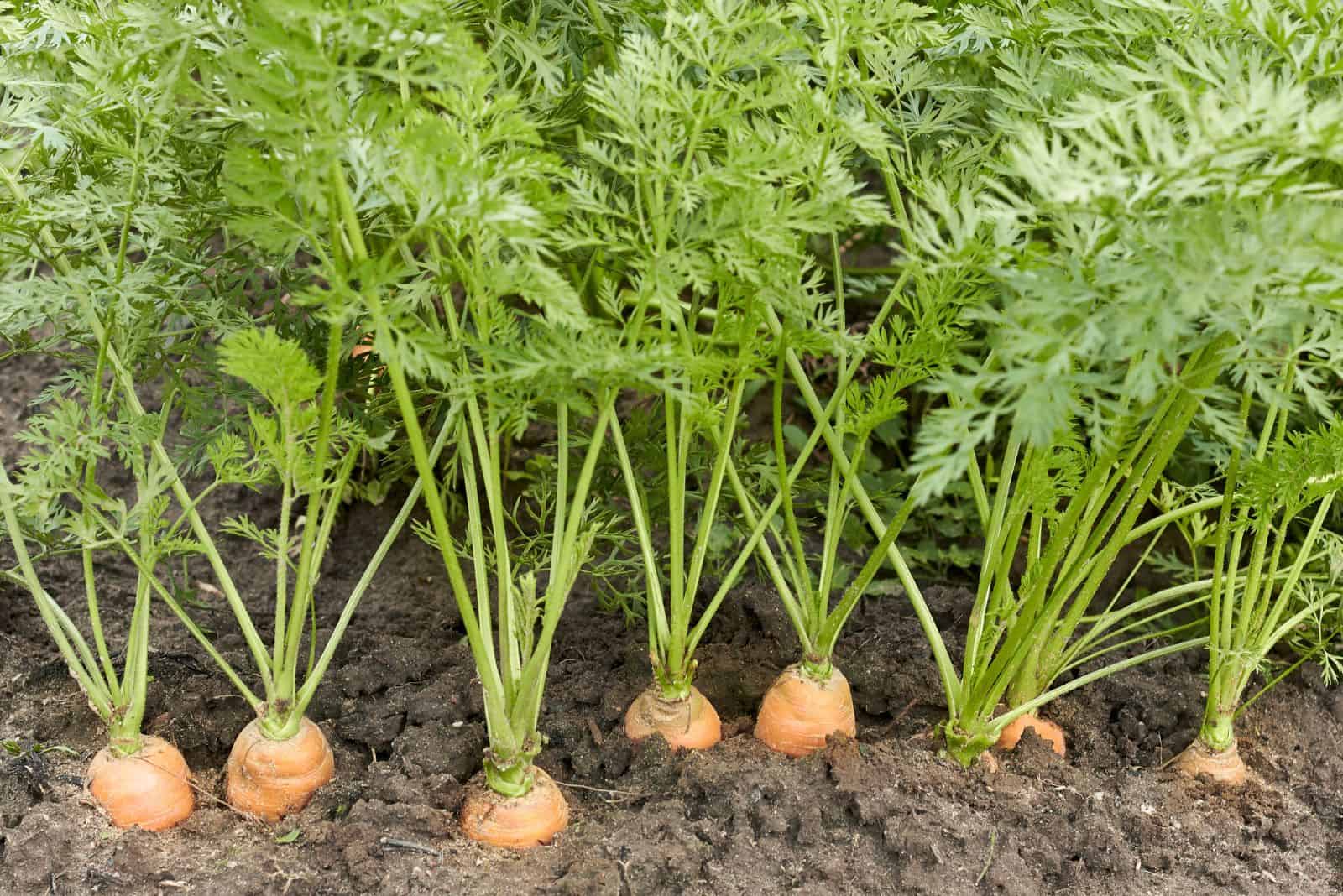
- Lettuce: Lettuce helps to suppress weeds and improve the drainage of the soil, both of which can benefit peppers. It also helps to attract beneficial insects, such as ladybugs and lacewings, which prey on pests that can harm peppers.
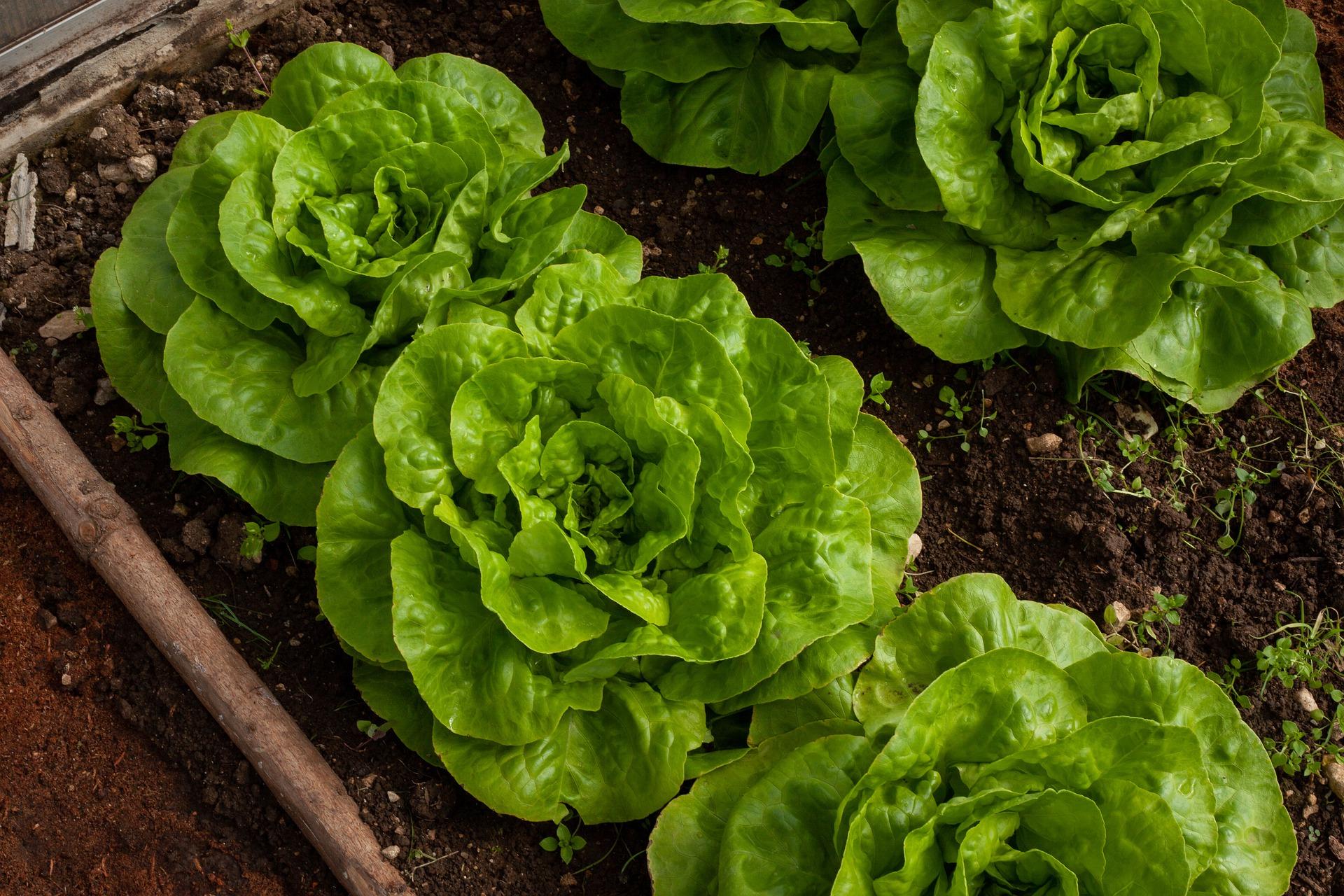
- Melons: Melons help to shade the soil, which can help to keep it cool and moist. They also help to attract beneficial insects, such as ladybugs and lacewings, which prey on pests that can harm peppers.
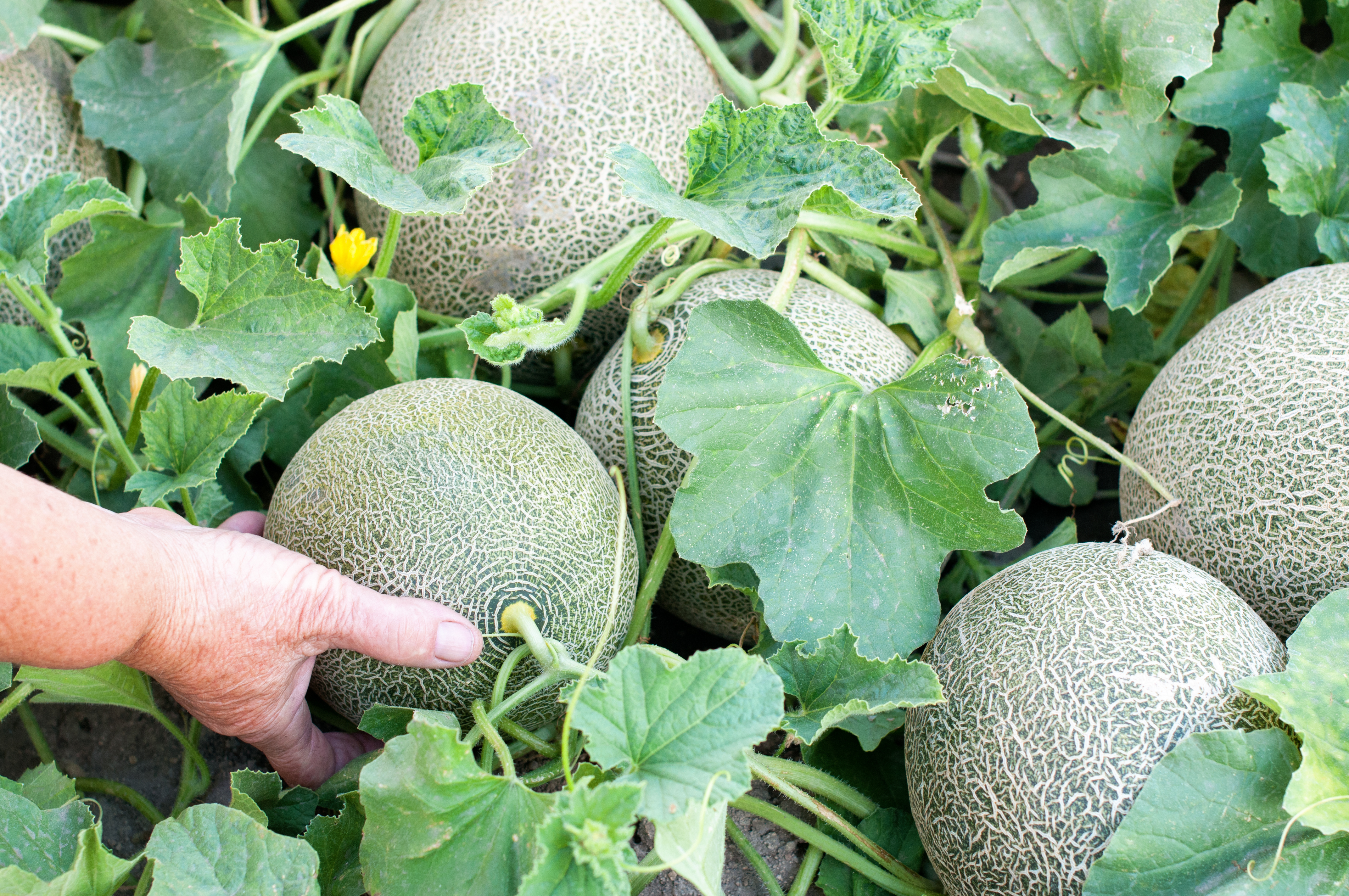
- Squash: Squash helps to shade the soil, which can help to keep it cool and moist. They also help to attract beneficial insects, such as ladybugs and lacewings, which prey on pests that can harm peppers.
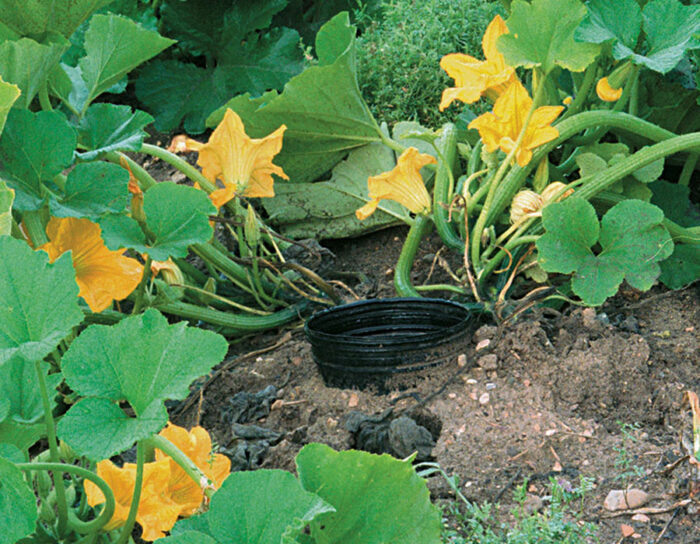
- Tomatoes: Tomatoes help to attract beneficial insects, such as ladybugs and lacewings, which prey on pests that can harm peppers. They also help to improve the flavor of peppers.
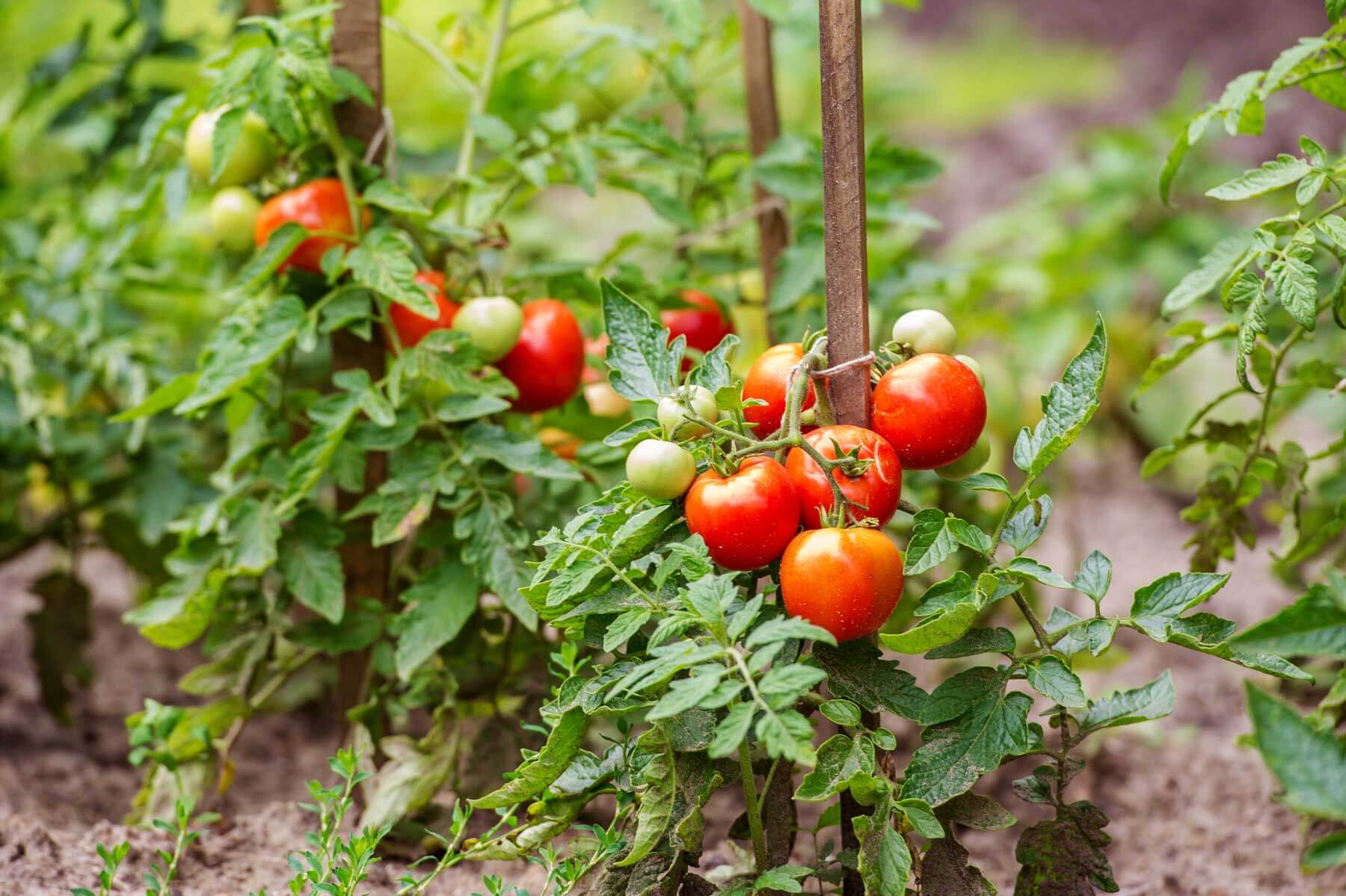
Conclusion:
By planting companion plants with your bell peppers, you can help to improve their health and productivity. When choosing companion plants, it is important to consider the needs of your peppers and the plants you are considering. For example, you will want to choose plants that have similar growing requirements and that will not compete for space or nutrients. You should also avoid planting companion plants that are known to attract pests or diseases that can harm peppers.
With a little planning, you can create a thriving vegetable garden by planting companion plants. So next time you are planting bell peppers, be sure to consider some of the plants listed above. You may be surprised at how much of a difference they can make!
Are you growing bell peppers in your garden? If so, you may want to consider companion planting to help improve their growth and health. Companion planting is the practice of planting certain plants together that benefit each other. For bell peppers, some good companion plants include:
- Basil: Basil helps to repel pests such as aphids and mosquitoes.
- Cilantro: Cilantro attracts beneficial insects such as ladybugs and honeybees.
- Onions: Onions help to repel root knot nematodes, which can damage pepper plants.
- Marigolds: Marigolds help to repel nematodes and other pests.
- Tomatoes: Tomatoes and peppers are both members of the nightshade family, so they can benefit from each other's presence.
For more information about companion planting for bell peppers, please visit Home Gardening.
FAQ of companion planting for bell peppers
What are good companion plants for bell peppers?
Some good companion plants for bell peppers include:
- Basil: Basil helps to repel pests such as aphids, mosquitoes, and whiteflies. It also helps to improve the flavor of bell peppers.
- Cilantro: Cilantro helps to attract pollinators, which helps to improve the pollination of bell peppers. It also helps to repel pests such as aphids and spider mites.
- Marigolds: Marigolds help to repel nematodes, which are microscopic worms that can damage the roots of bell peppers. They also help to attract pollinators.
- Onions: Onions help to repel root knot nematodes, which are another type of microscopic worm that can damage the roots of bell peppers. They also help to improve the flavor of bell peppers.
- Garlic: Garlic helps to repel aphids, spider mites, and other pests. It also helps to improve the flavor of bell peppers.
- Tomatoes: Tomatoes and bell peppers are mutually beneficial companion plants. They help to attract pollinators and improve the flavor of each other's fruit.
What should not be planted next to bell peppers?
Some plants that should not be planted next to bell peppers include:
- Brassicas: Brassicas, such as broccoli, cabbage, and Brussels sprouts, can attract pests that also attack bell peppers. They can also compete with bell peppers for nutrients and water.
- Melons: Melons and bell peppers are susceptible to the same diseases, so planting them together can increase the risk of disease transmission.
- Potatoes: Potatoes and bell peppers are susceptible to the same pests, so planting them together can increase the risk of pest infestation.
What are the benefits of companion planting for bell peppers?
There are many benefits to companion planting for bell peppers, including:
- Increased pollination: Companion plants can attract pollinators, which helps to improve the pollination of bell peppers. This can lead to larger, more flavorful fruit.
- Reduced pest and disease pressure: Companion plants can help to repel pests and diseases that can damage bell peppers. This can help to reduce the need for pesticides and fungicides.
- Improved soil health: Companion plants can help to improve the soil health around bell peppers. This can lead to healthier plants that are more resistant to pests and diseases.
- Enhanced flavor: Some companion plants, such as basil and cilantro, can help to enhance the flavor of bell peppers.
How far apart should bell peppers be planted?
Bell peppers should be planted at least 18 inches apart. This will give them enough space to grow and develop properly. If you are planting multiple rows of bell peppers, you should space the rows at least 3 feet apart.
When should bell peppers be planted?
Bell peppers can be planted in the spring or fall. In the spring, they should be planted after the last frost. In the fall, they should be planted at least six weeks before the first frost.
How much water do bell peppers need?
Bell peppers need about 1 inch of water per week. However, they may need more water during hot, dry weather. Be sure to water them deeply, so that the water reaches the roots.
What kind of fertilizer do bell peppers need?
Bell peppers need a balanced fertilizer, such as a 10-10-10 fertilizer. You should fertilize them once a month during the growing season.
How do you know when bell peppers are ripe?
Bell peppers are ripe when they are firm and have a bright color. The color of the pepper will vary depending on the variety. For example, red bell peppers will turn red when they are ripe, while green bell peppers will turn yellow or orange.
How do you harvest bell peppers?
To harvest bell peppers, simply cut them off the plant with a sharp knife. Be sure to leave a short stem attached to the pepper. You can harvest bell peppers at any stage of ripeness, but they will be the sweetest and most flavorful when they are fully ripe.
Image of companion planting for bell peppers
- Alyssum
 Alyssum is a beautiful, hardy plant that produces lots of tiny flowers. The flowers attract pollinators, which help to improve the pollination of the bell peppers. Alyssum also helps to suppress weeds and improve the drainage of the soil.
Alyssum is a beautiful, hardy plant that produces lots of tiny flowers. The flowers attract pollinators, which help to improve the pollination of the bell peppers. Alyssum also helps to suppress weeds and improve the drainage of the soil. - Basil
 Basil is a fantastic garden herb that is easy to grow. It is also a good companion plant for bell peppers. Basil helps to repel pests, such as mosquitoes and aphids. It also helps to improve the flavor of the bell peppers.
Basil is a fantastic garden herb that is easy to grow. It is also a good companion plant for bell peppers. Basil helps to repel pests, such as mosquitoes and aphids. It also helps to improve the flavor of the bell peppers. - Beets
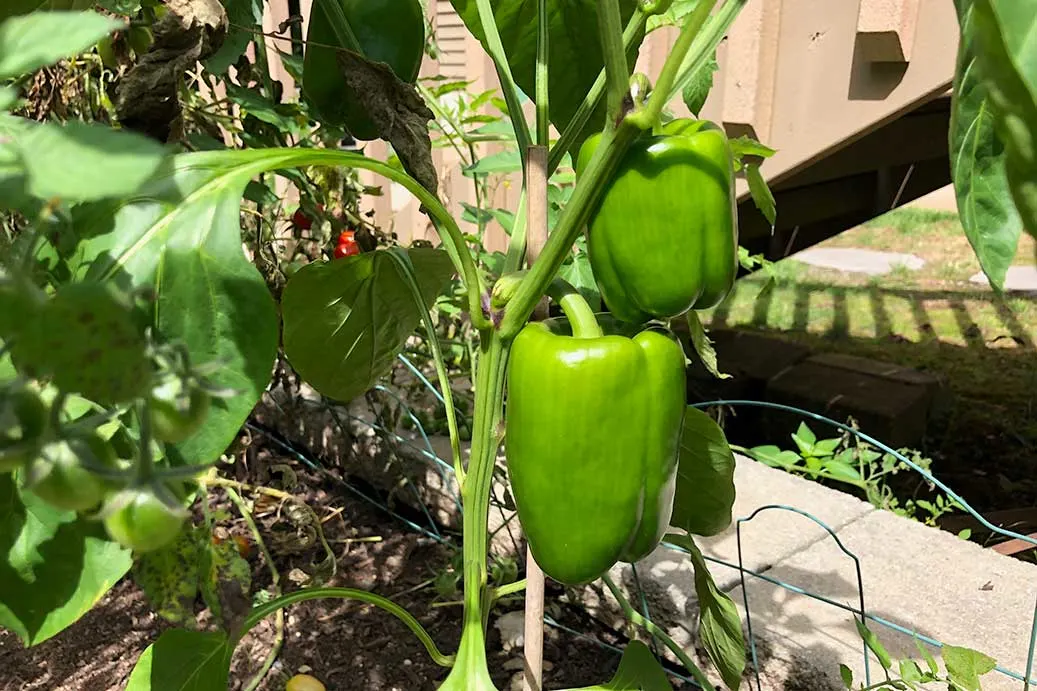 Beets are another low-footprint crop that is a good companion plant for bell peppers. They help to suppress weeds and improve the nitrogen levels in the soil. Beets also help to deter pests, such as cabbage worms.
Beets are another low-footprint crop that is a good companion plant for bell peppers. They help to suppress weeds and improve the nitrogen levels in the soil. Beets also help to deter pests, such as cabbage worms. - Brussels Sprouts
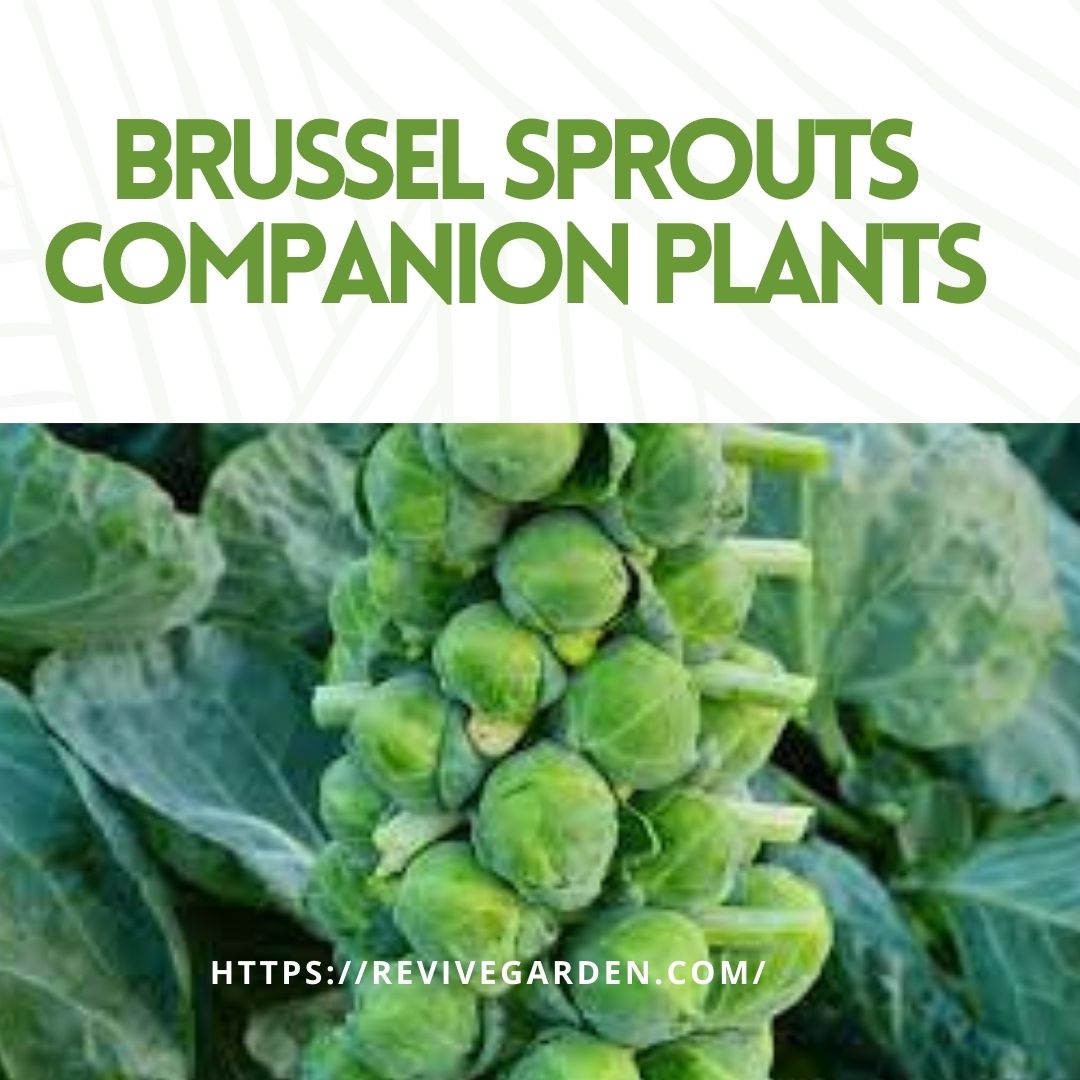 Brussels sprouts are a good companion plant for bell peppers because they have similar growing requirements. They both need full sun and well-drained soil. Brussels sprouts also help to repel pests, such as cabbage moths.
Brussels sprouts are a good companion plant for bell peppers because they have similar growing requirements. They both need full sun and well-drained soil. Brussels sprouts also help to repel pests, such as cabbage moths. - Chives
 Chives are a hardy herb that is easy to grow. They are also a good companion plant for bell peppers. Chives help to repel pests, such as aphids and spider mites. They also help to improve the flavor of the bell peppers.
Chives are a hardy herb that is easy to grow. They are also a good companion plant for bell peppers. Chives help to repel pests, such as aphids and spider mites. They also help to improve the flavor of the bell peppers. - Eggplant
 Eggplant is a good companion plant for bell peppers because they have similar growing requirements. They both need full sun and well-drained soil. Eggplant also helps to repel pests, such as whiteflies and beetles.
Eggplant is a good companion plant for bell peppers because they have similar growing requirements. They both need full sun and well-drained soil. Eggplant also helps to repel pests, such as whiteflies and beetles. - Garlic
 Garlic is a pungent herb that is known for its pest-repellent properties. It is a good companion plant for bell peppers because it helps to repel pests, such as aphids, beetles, and spider mites. Garlic also helps to improve the flavor of the bell peppers.
Garlic is a pungent herb that is known for its pest-repellent properties. It is a good companion plant for bell peppers because it helps to repel pests, such as aphids, beetles, and spider mites. Garlic also helps to improve the flavor of the bell peppers. - Green Beans
 Green beans are a good companion plant for bell peppers because they help to support each other. The green beans provide shade for the bell peppers, which helps to protect them from the sun. The bell peppers, in turn, help to deter pests, such as aphids and beetles, from the green beans.
Green beans are a good companion plant for bell peppers because they help to support each other. The green beans provide shade for the bell peppers, which helps to protect them from the sun. The bell peppers, in turn, help to deter pests, such as aphids and beetles, from the green beans. - Marigolds
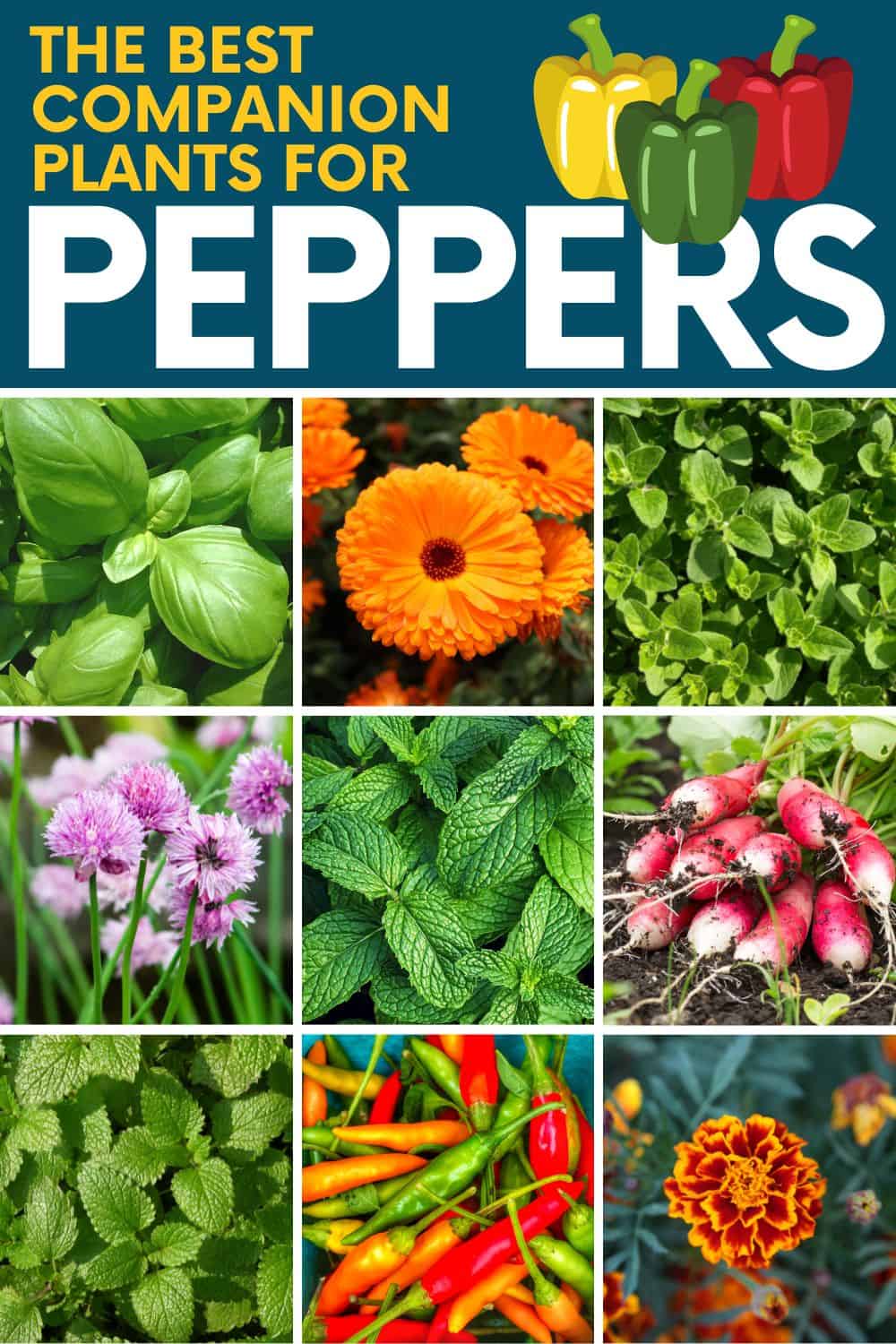 Marigolds are a beautiful flower that is also known for its pest-repellent properties. They are a good companion plant for bell peppers because they help to repel pests, such as mosquitoes, aphids, and whiteflies.
Marigolds are a beautiful flower that is also known for its pest-repellent properties. They are a good companion plant for bell peppers because they help to repel pests, such as mosquitoes, aphids, and whiteflies. - Onions
 Onions are a pungent vegetable that is known for its pest-repellent properties. They are a good companion plant for bell peppers because they help to repel pests, such as aphids, beetles, and spider mites. Onions also help to improve the flavor of the bell peppers.
Onions are a pungent vegetable that is known for its pest-repellent properties. They are a good companion plant for bell peppers because they help to repel pests, such as aphids, beetles, and spider mites. Onions also help to improve the flavor of the bell peppers.
Post a Comment for " Best Companion Plants For Bell Peppers"